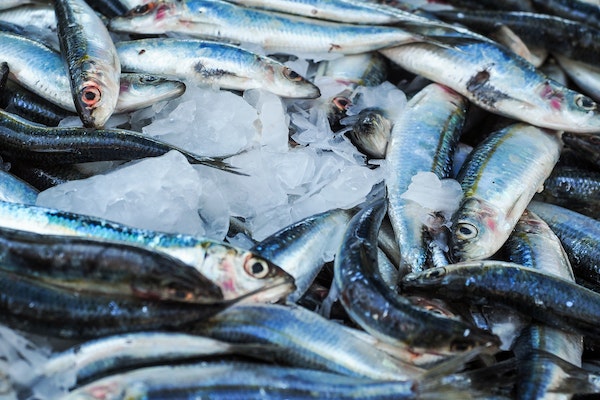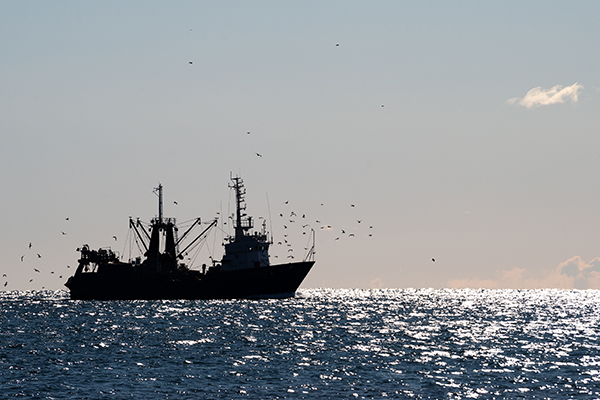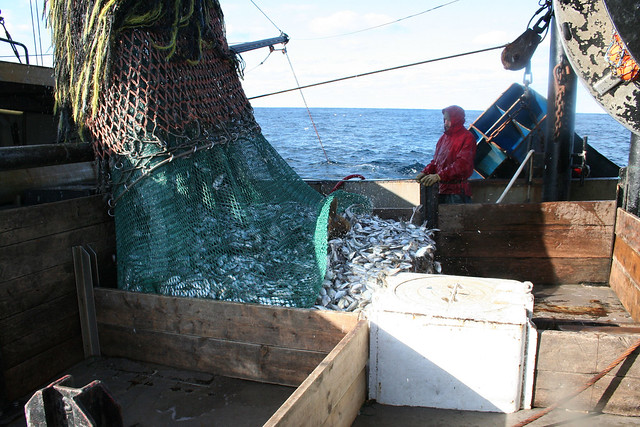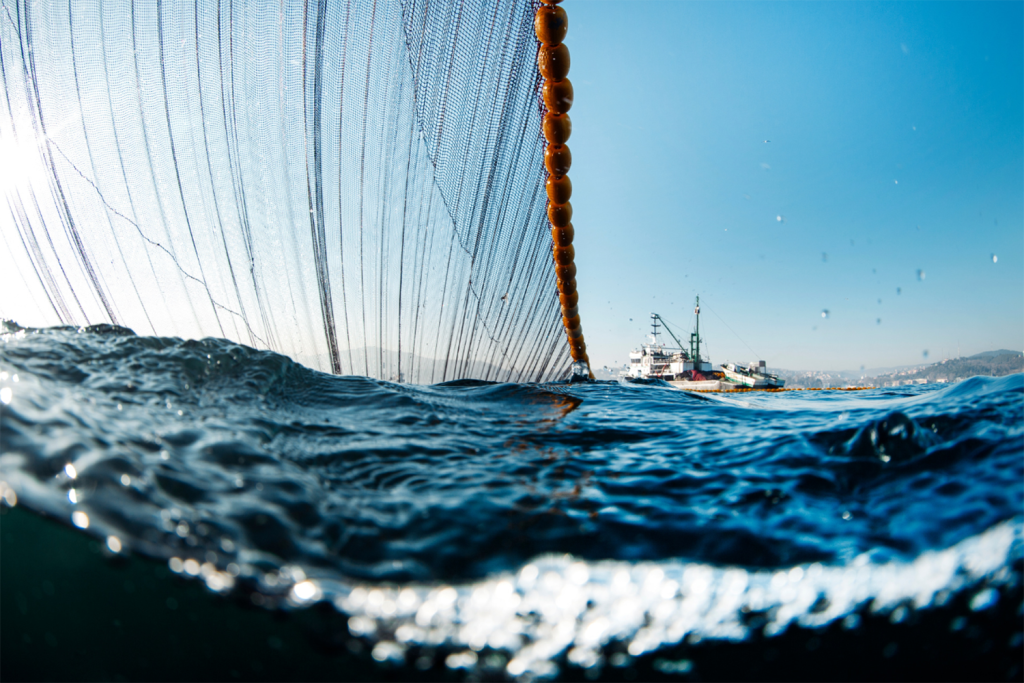New study finds that rhetoric about ‘underfishing’ in U.S. waters may be misguided

A new study has concluded that the Magnuson-Stevens Act does not constrain most fisheries and that there are complex reasons that lead to certain fish species being underfished.
The study, which was published in Science, examined the assertion of critics of U.S. fishing law that it is too stringent and unnecessarily leaves too many fish in the water. The researchers examined two decades of data on 170 U.S. fish stocks. These 170 managed fish stocks represent 85 percent of the U.S. marine commercial fish landings.
The research team found that the main reason about half of the fish stocks in the U.S. are considered “underfished” is due to pure economics – fishers are not harvesting the fish because there is not enough demand for them.
Just four fish species – the Eastern Bering Sea walleye pollock, Atlantic sea scallop, Gulf of Mexico brown shrimp and Gulf of Mexico white shrimp – make up the majority of the revenue of those stocks that the researchers characterized as potentially less utilized and fished. Of those, most revenues came from just one species: The walleye pollock, the catch of which is not constrained by the Magnuson-Stevens Act.
Other, healthy fish stocks are being left in the water because they could not be profitably caught without also catching other fish species that are depleted.
“Some healthy stocks are constrained by the Magnuson-Stevens Act because they are often caught with other stocks that are depleted,” said Kimberly Oremus, co-author and assistant professor in the School of Marine Science and Policy at the University of Delaware. “Some stocks are constrained by other laws such as the Marine Mammal Protection Act or the Pacific Halibut Treaty with Canada. Some stocks are constrained by both market forces and policies, such as our Gulf of Mexico shrimp stocks that are struggling to compete with the price of imported shrimp coming from less regulated countries.”
While political rhetoric has focused on laws that protect fisheries – such as the Magnuson-Stevens Act – as the main culprit in underfishing, the researchers said it is important to take a nuanced view of the picture and view fisheries on a case-by-case basis.
“Targeting the Magnuson-Stevens Act will not change some of these outcomes,” said Eyal Frank, co-author and an assistant professor at the University of Chicago Harris School of Public Policy. “It is important to understand the multitude of factors involved. Simply relaxing fishery management targets under the law will most likely fail to increase utilization in many of the marine fisheries that appear to be underutilized at face value.”
With changes to the environment and overfishing still a big concern in other parts of the world, it is critical to have science-based fisheries laws in place to sustain fish stocks moving forward, Oremus said.
“On average, we find that less fished stocks were less fished six years before the law was passed in 1996, and their share of revenue has remained steady from 1990-2015,” Oremus said. “Though no law is perfect, the law appears to be attempting to balance the needs of fishers, other stakeholders, and the long-term conservation of the resource.”
Follow the Advocate on Twitter @GSA_Advocate
Now that you've reached the end of the article ...
… please consider supporting GSA’s mission to advance responsible seafood practices through education, advocacy and third-party assurances. The Advocate aims to document the evolution of responsible seafood practices and share the expansive knowledge of our vast network of contributors.
By becoming a Global Seafood Alliance member, you’re ensuring that all of the pre-competitive work we do through member benefits, resources and events can continue. Individual membership costs just $50 a year.
Not a GSA member? Join us.
Author
Related Posts

Fisheries
U.S. fishing policy hits conservation and economic goals, new studies conclude
Two new studies find that U.S. fishing policy is rebuilding fish populations while not preventing most fishers from making their catch.

Fisheries
NOAA report shows ‘continued progress’ in U.S. fisheries management
The report highlights successful fisheries management in the U.S. and the broad economic impact of commercial and recreational fisheries.

Fisheries
‘They need a good reason to stay’: How one coalition may break a decade of deadlock in the North Atlantic mackerel fishery
GOAL 2022: The North Atlantic Pelagic Advocacy Group, led by Dr. Tom Pickerell, is a finalist for GSA’s inaugural Global Fisheries Innovation Award.

Fisheries
Study: Effective fisheries management reduces extinction risk of sharks and rays
The extinction risk of sharks and rays can be significantly reduced with effective fisheries management and policies, says a Virginia Tech study.



